Like many people our age we have to leave 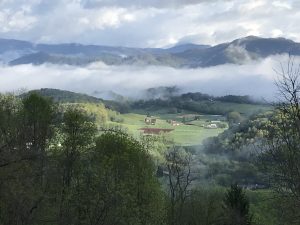 the home that has centered our lives for many years in order to live in more manageable and accessible circumstances. They say we are to “grow old in place,” but the place that has contained our dreams and loves must be left behind for the sake of prudent aging in a new place.
the home that has centered our lives for many years in order to live in more manageable and accessible circumstances. They say we are to “grow old in place,” but the place that has contained our dreams and loves must be left behind for the sake of prudent aging in a new place.
“Overbrook” is the name we gave it, for it was built with funds from the liquidation of the farm of that name that my father and grandfather had built up in the twentieth century. It was only a happy coincidence that you had to ford a creek to reach the home we built low on a mountainside here in the Smokies.
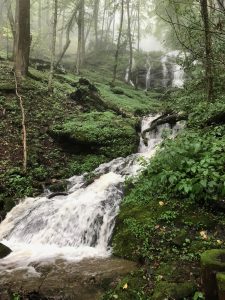 The constant murmur of the creek and its cascades sometimes became a roar beneath the weight of captured hurricanes and summer downpours. At night the woods were as quiet and dark as a womb, as “dark as the inside of a cow,” as we said when I was a boy on the farm. The birds became an orchestra in early summer. In fall, the golden leaves poured down from the ancient tulip tree that was our trust and stubborn inspiration. We knew what neighbors were when trees fell down across the road and snow bound us together in a blanket of mutual aid. And there was the view, the ten-million dollar view, as one of our friends exclaimed. It stretched from Eagle’s Nest and Hemphill Ridge to Mt. Sterling on the west to Utah Mountain, where the locals hounded Mormons into exodus to western deserts. Beyond lay Hurricane Ridge, trailing off to Crabtree Mountain and Chambers Mountain, where the broadcast towers bristled in quiet radiation. Below us in the valley the Research Farm laid out its ever-changing quilt of open earth, fresh growth, and harvest yellows. We knew that someday we would have to leave it. That time has become now.
The constant murmur of the creek and its cascades sometimes became a roar beneath the weight of captured hurricanes and summer downpours. At night the woods were as quiet and dark as a womb, as “dark as the inside of a cow,” as we said when I was a boy on the farm. The birds became an orchestra in early summer. In fall, the golden leaves poured down from the ancient tulip tree that was our trust and stubborn inspiration. We knew what neighbors were when trees fell down across the road and snow bound us together in a blanket of mutual aid. And there was the view, the ten-million dollar view, as one of our friends exclaimed. It stretched from Eagle’s Nest and Hemphill Ridge to Mt. Sterling on the west to Utah Mountain, where the locals hounded Mormons into exodus to western deserts. Beyond lay Hurricane Ridge, trailing off to Crabtree Mountain and Chambers Mountain, where the broadcast towers bristled in quiet radiation. Below us in the valley the Research Farm laid out its ever-changing quilt of open earth, fresh growth, and harvest yellows. We knew that someday we would have to leave it. That time has become now.
Now, at our new place in town, half way 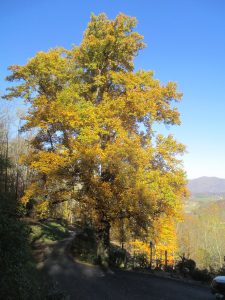 between the church and the coffee shop, the library and the bookstore, the creek is replaced with the whirr of passing cars. Instead of groundhogs and deer, we will watch schoolchildren parading back and forth to the Middle School. “The View” will be the ridges of nearby Eagle’s Nest. A sleepy freight car passing on the nearby tracks will take the place of pickups straining at the curves below our deck. The sights and sounds will change, but not the homebrew, the coffee, the hand that lines my own with aging veins that speak of many years together.
between the church and the coffee shop, the library and the bookstore, the creek is replaced with the whirr of passing cars. Instead of groundhogs and deer, we will watch schoolchildren parading back and forth to the Middle School. “The View” will be the ridges of nearby Eagle’s Nest. A sleepy freight car passing on the nearby tracks will take the place of pickups straining at the curves below our deck. The sights and sounds will change, but not the homebrew, the coffee, the hand that lines my own with aging veins that speak of many years together.
It’s time. Life flows against the screen of seemingly changeless mountains and streams. It is a dying. The Hindus call it the passage from the forest-dweller to the renunciant. Downsizing, we call it. Becoming smaller against the infinities of cosmic order. Overbrook has been the fulcrum of our life, but now we move out on the springboard that releases us to possibilities of a more proportional existence.
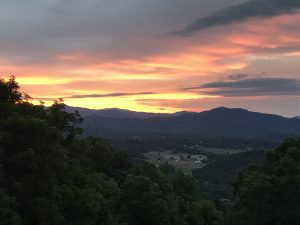 For some, this move, like death, is only grief. For us, we have received the blessings of the couple who rebuilt a house we felt could be our home. And then another couple came to see our Overbrook and said upon the threshold, “We are home.” We pass on not a commodity to be used up but a trust to be enjoyed and be loved. So there is a passage and a passing on. Our leaving is also an arriving, an acceptance of who we are right now, an openness to what we might become. Like life. Like all our lives. Thanks be to God.
For some, this move, like death, is only grief. For us, we have received the blessings of the couple who rebuilt a house we felt could be our home. And then another couple came to see our Overbrook and said upon the threshold, “We are home.” We pass on not a commodity to be used up but a trust to be enjoyed and be loved. So there is a passage and a passing on. Our leaving is also an arriving, an acceptance of who we are right now, an openness to what we might become. Like life. Like all our lives. Thanks be to God.




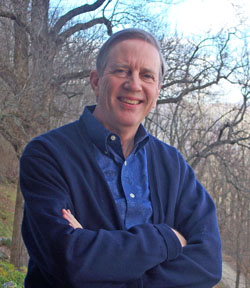
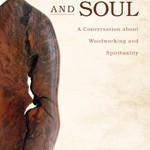

 Red Clay, Blood River
Red Clay, Blood River
It is another chapter of life, but far from the end of the book 🙂 As much as I loved this house and ones of my past, it is the land that resonates with me most. I even wrote a song about it called “Down In The Land”. But we can find the beauty in other places of discovery and I look forward to the adventure ahead!
We agree that the foundation of ethics is gratitude, and this piece on the beauty of your gratitude is truly touching. You express your transition so deeply and eloquently, and may it ease the grief about what you are leaving behind. We still miss our old horse farm, too, but over time in a lovingly way. You have already started on that path.
I can’t wait to see you in your new digs! You are brave. And prescient. I hope I possess this wisdom, too.
That is a lyrical and lovely ode to a life in a beautiful place. Thank you for sharing.
Fondly, and wish all best wishes for the future, Pippa
to belong to the place
where one has arrived
is not the same as
to arrive at the place
where one belongs”
—shabbir banoobhai